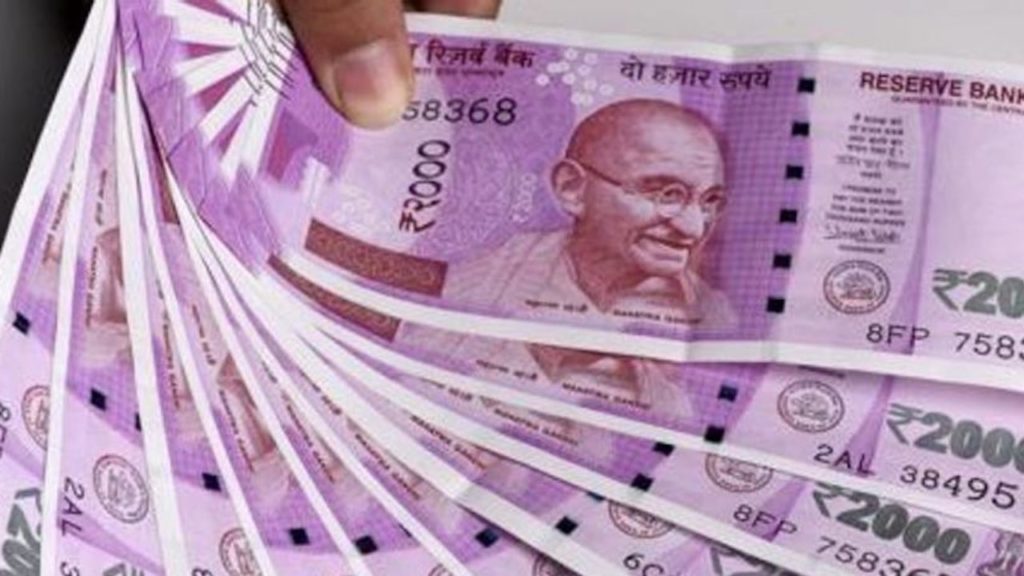The apex court of India has ruled that the money saved by through availing interest free or low-interest loans from their employer would be liable to income tax as it upheld the validity of Section 17(2)(viii) of Income Tax Act and 3(7)(i) of IT Rules
This is setback to the employees of public sector banks.

Dismissal of Petitions Challenging Taxation on Interest-Free Loans by Bench
The bench of Justices Sanjiv Khanna and Dipankar Datta, dismissed the petitions by All India Bank Officers’ Confederation and a batch of appeals filed by staff unions and officers’ associations of various banks, who challenged the validity of the provisions of IT Act and its rules allowing levying of tax on money saved through interest-free or low-interest loans advanced to bank employees.
As per the bench “The benefit enjoyed by bank employees from interest-free loans or loans at a concessional rate is a unique benefit/advantage enjoyed by them. It is in the nature of a ‘perquisite’, and hence is liable to taxation”.
As per the new rule, the amount that is saved annually by saving the annual tax shall be liable for income tax.
Giving more justification, Justice Khanna said the value of interest-free or concessional loans is to be treated as ‘other fringe benefit or amenity’ for being taxed as perquisite.
He said that “The employer’s grant of interest-free loans or loans at a concessional rate will certainly qualify as a ‘fringe benefit’ and ‘perquisite’, as understood through its natural usage in common parlance”.
Taxation on Interest-Free Loans and Legislative Framework
As per the bank, “perquisite” is an additional benefit linked to an employee’s position which in turn is distinct from “profit in lieu of salary,” which is nothing but the reward for past or future service.
The above is given because of employment and is beyond the regular salary.
As per the court, imposing taxes on interest-free or concessional loans as a perquisite through subordinate legislation falls lies well within the legislative framework. The sanctioning or implementing of this rule would not be the excessive delegation and aligns with the standards set by Section 17(2) of the Act.
Calling the exercise of power as fair and reasonable, Justices Khanna and Datta noted that Rule 3(7)(i) uses the State Bank of India’s interest rate (PLR) as a benchmark.











